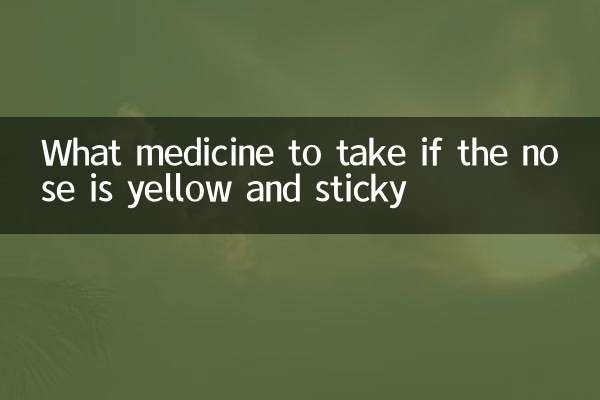What medicine should children take for acute enteritis?
Recently, acute enteritis in children has become one of the hot topics that parents pay attention to. With seasonal changes and irregular diet, the incidence of acute enteritis has increased. This article will combine the hot content on the Internet in the past 10 days to provide parents with a detailed medication guide and care suggestions.
1. Common symptoms of acute enteritis

Acute enteritis in children usually presents with symptoms such as diarrhea, vomiting, abdominal pain, and fever. Here's a detailed description of common symptoms:
| symptom | describe |
|---|---|
| diarrhea | Increased frequency of bowel movements, watery or loose stools |
| Vomit | Frequent vomiting, possibly with stomach contents |
| stomach ache | abdominal cramping or discomfort |
| fever | The body temperature rises and may reach above 38℃ |
2. Commonly used drugs for acute enteritis in children
Based on doctors’ recommendations and hot topics on the Internet, the following is a list of commonly used drugs for acute enteritis in children:
| drug type | Drug name | effect | Things to note |
|---|---|---|---|
| oral rehydration salts | ORS (oral rehydration solution) | Prevent dehydration | Take according to the instructions |
| Probiotics | Mommy loves, Bifeikang | Regulate intestinal flora | Avoid taking with antibiotics |
| antidiarrheal medicine | Montmorillonite powder (Smecta) | Absorb toxins and protect the intestines | Better results when taken on an empty stomach |
| antibiotic | amoxicillin, cephalosporins | Treat bacterial enteritis | Requires medical guidance for use |
3. Home care suggestions
In addition to drug treatment, home care is also an important part of relieving acute enteritis in children. The following are the nursing suggestions that are hotly discussed across the Internet:
1.diet modification: Mainly eat light, easy-to-digest foods, such as rice porridge, noodles, etc., and avoid greasy and spicy foods.
2.hydration: Encourage children to drink more water or oral rehydration salts to prevent dehydration.
3.rest: Ensure that children get adequate rest and avoid strenuous exercise.
4.Observe the condition: If your child develops persistent high fever, listlessness, decreased urine output and other symptoms, he should seek medical attention promptly.
4. When do you need medical treatment?
It is recommended to seek medical treatment immediately in the following situations:
| symptom | possible risks |
|---|---|
| Persistent high fever (body temperature exceeds 39°C) | May be accompanied by serious infection |
| Frequent vomiting and inability to eat | May cause dehydration |
| Blood or pus in stool | Possible bacterial enteritis |
| Listlessness and unresponsiveness | Possible severe dehydration or electrolyte imbalance |
5. Measures to prevent acute enteritis
Prevention is better than cure, here are the preventive measures that are hotly discussed across the internet:
1.Pay attention to food hygiene: Wash your hands before eating and after using the toilet, and cook food thoroughly.
2.Avoid raw and cold food: Reduce the intake of raw and cold food, especially in summer.
3.Enhance immunity: A balanced diet and moderate exercise can enhance children’s immunity.
4.Get vaccinated: Such as rotavirus vaccine, which can effectively prevent viral enteritis.
Conclusion
Although acute enteritis in children is common, most children can recover quickly with proper medication and care. Parents do not need to panic when encountering acute enteritis in their children, but they cannot take it lightly. Hope this article can provide you with useful reference information.

check the details

check the details